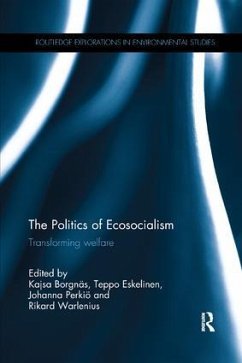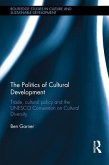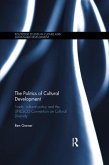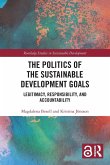As the global economy seeks to recover from the financial crisis and warnings about the consequences of climate change abound, it is clear that we need a fundamentally new approach to tackle these issues. This innovative book offers a unique perspective, stressing the necessity of both ecological and social change as it discusses how to create a "red-green" or "eco-socialist" society. Examining the current crises of welfare capitalism as well as the challenges and conflicts of an eco-socialist society, the book proposes a new social order that would combine the ideals of egalitarianism and of environmental sustainability. It analyses the key social and ecological issues related to the welfare state, including green Keynesianism, ecological Marxism, the limits of growth and no-growth, capitalist barriers to a renewable energy transition, proposals for a universal basic income and the role of technology. Finally, the book outlines possible paths of transformation towards creating an eco-socialist society, drawing out lessons that can be applied internationally. This book will be of great interest to students and researchers in economics, environmental studies and political science.
Hinweis: Dieser Artikel kann nur an eine deutsche Lieferadresse ausgeliefert werden.
Hinweis: Dieser Artikel kann nur an eine deutsche Lieferadresse ausgeliefert werden.








